What’s impeding your path to employee experience success?
How HR can deliver a great workplace experience – and how this translate into a viable strategy.
Why You Should Care
With so much uncertainty, disruption, and transformation still happening in the employment landscape, find out to attract, engage and retain effectively (even when you don’t know what the future outlook might be).
Building employee engagement and experience strategy can be difficult – so read on to find out how understanding plays a central role.
HR needs to see where data, analytics, and effective surveying slot into building a great experience of work.
Everything’s changing and somewhere along the line, understanding has to come with it
The roundtable discussion kicked off with the recognition that businesses are now, inescapably, operating in a VUCA (volatile, uncertain, complex, and ambiguous) world. As one attendee noted: “It couldn’t be more VUCA.” It’s an acknowledgment borne from two years of pandemic-underwritten disruption – where everything from working structures, to market parameters, and even orthodox thinking around employers’ responsibilities for workforce wellbeing and employee purpose changed – as well as an acceptance that further uncertainty and macroeconomic downturns are, well, certain.
To help manage this change – in a way that delivers against key HR metrics, such as retention, attraction and engagement, and business productivity – attendees talked about the need to better understand current employees. As one attendee said: HR has got to understand and define what being an employee at a specific organization means.
In fact, although there is much contemporary thought leadership published in the HR space about the need to let employees lead the discussion about what they want from work – thought leadership which follows on to discuss the need for employers to deliver on self-actualization – one attendee said the focus still has to be on basics such as pay and progression alongside a clearly defined vision of what working life is like as employees still change jobs for these. As one attendee said, these are still strong drivers in how employees experience work and careers and, with disruption and inflation dominating headlines outside of the business world, facets of employment that employees still deeply care about. As another attendee said, pay and progression are key hygiene factors in the employee experience and can help HR understand their staff.
However, these aren’t the only factors that underpin good employee experiences. Therefore, understanding everything else that plays a role is key – especially as pay increases and promotions only have a short half-life when it comes to their retained benefits for the employer.
So, to help flesh out ideas about better understanding employees, and how to help them help the company, the conversation moved on to analysis of how work and life intersect and how personalizing approaches to employee care, by understanding that factors external to work do have an impact on working life, can benefit HR. Here, the conversation turned to the role that HR can play in offering social benefits, family benefits, and tools and programs that ensure everything in an employee’s life are as fulfilling as possible, driven by a holistic understanding of personal wellbeing and what an employee might worry about.
The conversation also didn’t forget the importance of basics of how to go about this, such as regularly or continually surveying staff on engagement and asking for their opinion on important elements of work. Additionally, attendees suggested that analytics tools can also track trends in the workforce from a macro view. Any data extracted from this can help HR see what drives people to not want to join their firm or to leave.
However, there was a warning from one attendee here: data collection won’t cover everything and can be useless if HR is always setting the questions and does not let employees structure feedback. And, with everything else in the world of work, of course, any survey questions have to be regularly updated.
Turning understanding into stickiness
Hypothetically, most mature HR functions could reach a point where they properly understand their employees. The next step, and potentially more difficult, is turning that understanding into a strategy that makes the organization sticky i.e. where employees want to join, are engaged and are retained successfully.
On this topic, the conversation brought up different suggestions. Some attendees argued that fostering a sense of belonging, obviously predicated on an understanding of what employees considered this to be, would be useful. Others said trying to stand out as the employer of choice, whilst others said creating purpose would be key, which could be achieved through volunteering opportunities or development. Separately, different attendees suggested that letting staff take control and organize important elements of work life, such as diversity initiatives, could also be effective.
Whilst different methods to create people stickiness were posited, there was a general agreement that this is of heightened importance with attraction and retention largely more difficult than it has been; something heightened for in-demand roles. What this could mean, and the roundtable discussion touched on this, is localized and targeted strategies for specific job roles or regions where individuals have specific demands or the employment market is under pressure in a specific way.
The upshot is, that if HR gets this right, it can allow individuals to be more productive and fulfilled – benefits that the organization can then enjoy, too. However, the responsibility cannot just lie with HR; something that attendees agreed upon. To help ensure the people function doesn’t get bogged down in firefighting issues with the employee experience, it needs to show it strategically understands the issue so it becomes a whole business responsibility.
Why join an UNLEASH roundtable?
Amid the current disruption, HR leaders need to get ahead of the exponential trend where work, technology, and how work gets done have changed forever. But how should we approach the relevant questions, given the radical uncertainty we continue to face as the pandemic becomes more protracted than anyone imagined? Our exclusive Virtual Roundtables are designed to explore where business leaders are focused now, key challenges and prioritization for the rest of the year, and what matters most in planning for what’s next.
Find out what’s upcoming via our Event Calendar.
Sign up to the UNLEASH Newsletter
Get the Editor’s picks of the week delivered straight to your inbox!

Multiple award-winning journalist, editor and content strategist
Dan is an award-winning HR journalist and editor with over five years experience in the HR space.

